Publications
Articles, publications, books, tools and multimedia features from the U.S. Institute of Peace provide the latest news, analysis, research findings, practitioner guides and reports, all related to the conflict zones and issues that are at the center of the Institute’s work to prevent and reduce violent conflict.
Question And Answer
Amid a Changing Global Order, NATO Looks East
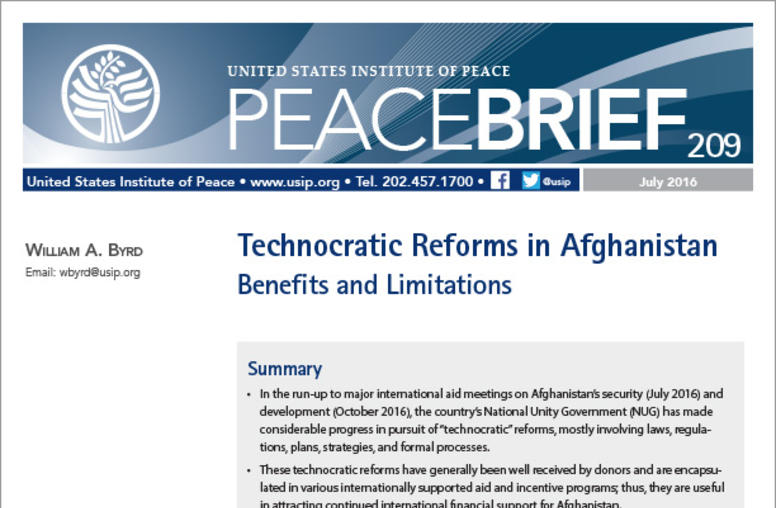
Technocratic Reforms in Afghanistan: Benefits and Limitations
Afghanistan’s “technocratic” reforms have resulted in impressive progress in areas such as public financial management. However, these reforms alone will not solve the country’s pressing security, political, and economic problems. This brief outlines the benefits and limitations of technocratic reforms and emphasizes that government and international attention should not be diverted from concrete, short-term measures to improve government functioning, strengthen security, and stimulate a mode...
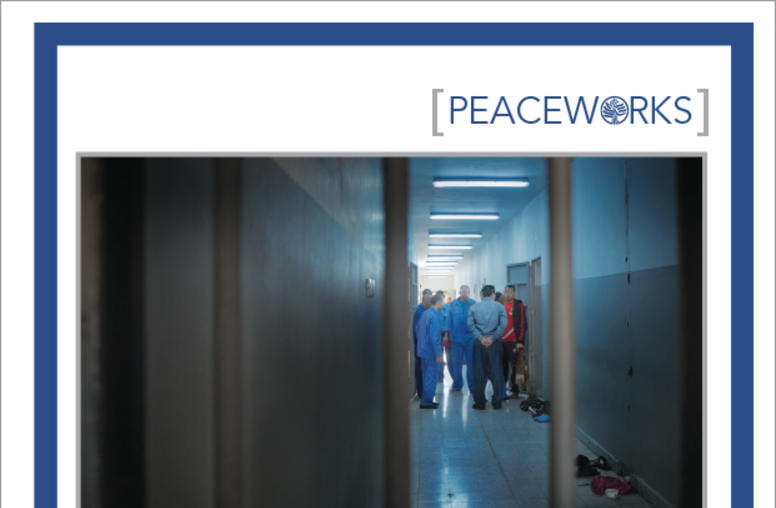
Prisons and Detention in Libya
This report examines the prison system in Libya. With the permission of the Libyan Ministry of Justice and Judicial Police, United States Institute of Peace (USIP) research teams conducted two assessments of the Libyan prison system, visiting detention facilities throughout the country in 2012 and again in 2015–16 to evaluate organizational function, security, infrastructure, and prisoner well-being. This report combines and compares the findings of the two assessments, discussing the broader...
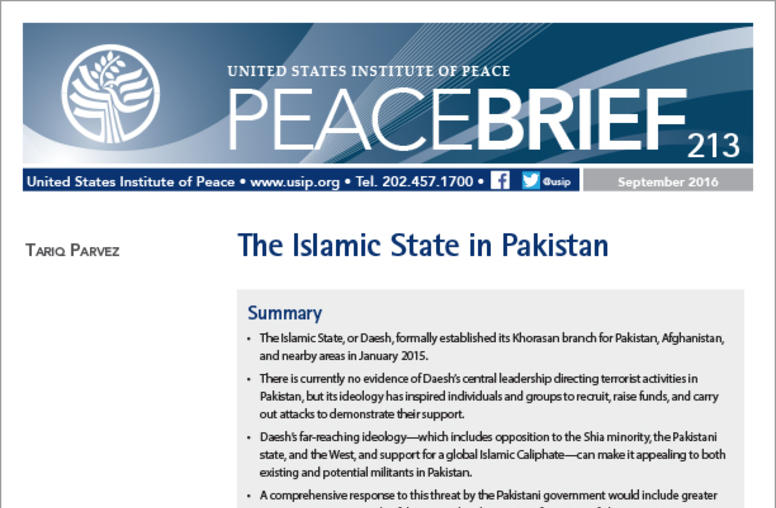
The Islamic State In Pakistan
The Islamic State, or Daesh, has moved its influence beyond Iraq and Syria, formally establishing its Khorasan branch in Central Asia in January 2015. This brief explores Daesh in Pakistan, how its ideology can influence both existing and potential militants, and what a comprehensive response from the Pakistani government would involve.
Pakistani Party Chief Voices Concerns Over Entry Curbs
“I do hope that this issue is sorted out very soon, because it is sending the wrong message and it’s shrinking the space for those of us out there fighting Islamic extremism on the front lines,” he told an audience of policy specialists, civil society leaders and others, in an event co-sponsored by the Heritage Foundation. Bhutto Zardari, the son of former Prime Minister Benazir Bhutto, is chairman of the Pakistan Peoples Party, the largest opposition party in parliament.
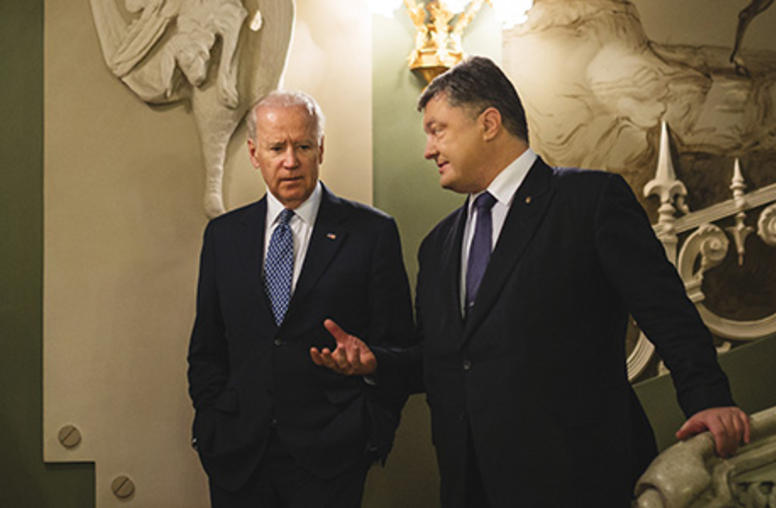
Tunisia and Ukraine: Linchpins of U.S. interests
The Obama administration’s announcement this week that it plans to quadruple military resources devoted to deterring Russia in Europe highlights how seriously U.S. and NATO leaders view the threat posed by Russia. Ukraine is struggling to save its young democracy and stave off public disaffection with the new government’s valiant but halting reforms, even as Russia continues its campaign of military and economic goading.
Urgent Imperative: Get Afghanistan’s Government Working
Ten weeks after the Taliban briefly captured Kunduz, Afghanistan’s fifth-largest city, neither the fractured government nor the country’s political class is showing signs of heeding that wake-up call—or the other flashing warnings that the 14-month-old government is close to failure. While the United States quickly announced the reversal of its planned withdrawal of forces from the country, the factions in Kabul must figure out how to cooperate in governing, and Washington must do all it can to advance that, analysts say.
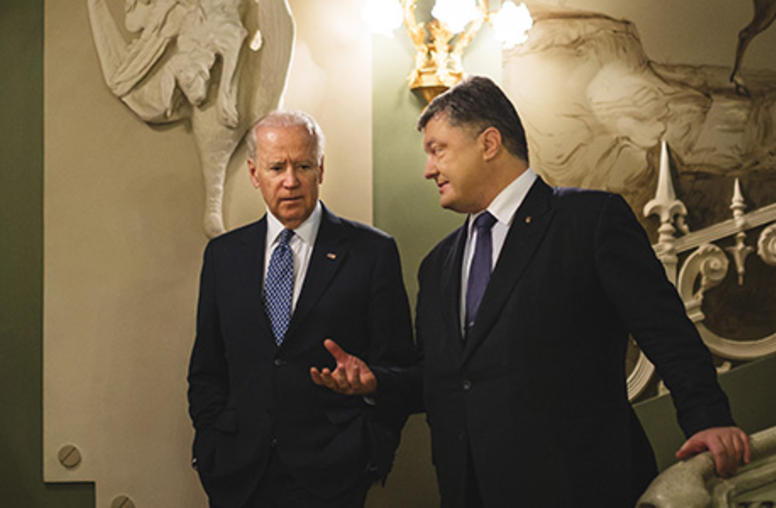
Ukraine: Focus on Corruption
As Vice President Joe Biden visits Ukraine this week, former U.S. ambassador to Ukraine Bill Taylor underscores that domestic corruption—in the economy and government—remains the key weakness in that country’s efforts to build long-term stability. Taylor, who is USIP’s executive vice president, returned recently from a trip to Ukraine.
South Sudan’s Independence Day: No Cause for Celebration
South Sudan, the world’s youngest state, marks four years of independence on July 9. But many South Sudanese, who struggled for that statehood for decades, are finding nothing to celebrate. When they won independence in 2011, the 11 million South Sudanese hoped that their new nation would let them develop their land in peace. Instead, it has plunged into civil war.
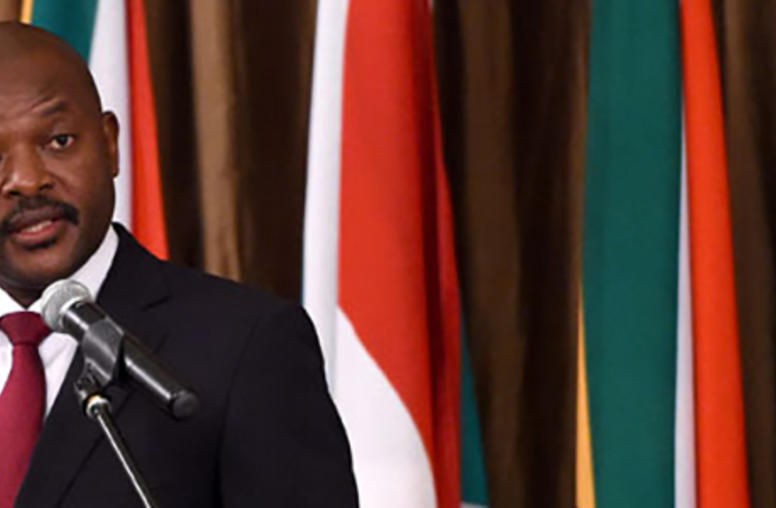
Burundi at the Brink
Burundi is back at the brink. Less than a decade after the end of its civil war, a political conflict over the president’s attempt to stay in office for a disputed third term risks escalating into wider violence, policy specialists say. Police are fighting protesters who say that President Pierre Nkurunziza is violating the country’s post-civil war constitution by seeking a third term. They dispute a court ruling that authorized Nkurunziza’s re-election bid.
Why Ukraine Matters and Why the U.S. Should Help
Last year’s unexpected Russian invasion and annexation of Crimea and its hybrid war in eastern Ukraine raise profound questions about the future of European security and the U.S. role in maintaining peace, says USIP Acting Executive Vice President Bill Taylor.